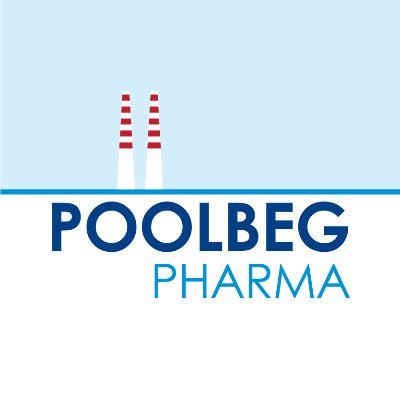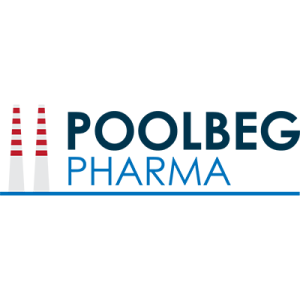Using an AI platform developed by CytoReason, London-headquartered Poolbeg Pharma has been analysing flu human challenge trials data since March 2022.
Poolbeg Pharma, an Irish biopharmaceutical company that focuses on infectious diseases, says it has made a “breakthrough” with AI-aided discovery of novel drug targets to treat the flu.
The London-headquartered company’s disease progression data from influenza human challenge trials were combined with more data from CytoReason, a tech company developing computational disease models, and fed into an AI-led platform.
Poolbeg Pharma plc (LON:POLB) is a clinical stage infectious disease pharmaceutical company, with a novel capital light clinical model which enables us to develop multiple products faster and more cost effectively than the traditional biotech model.


